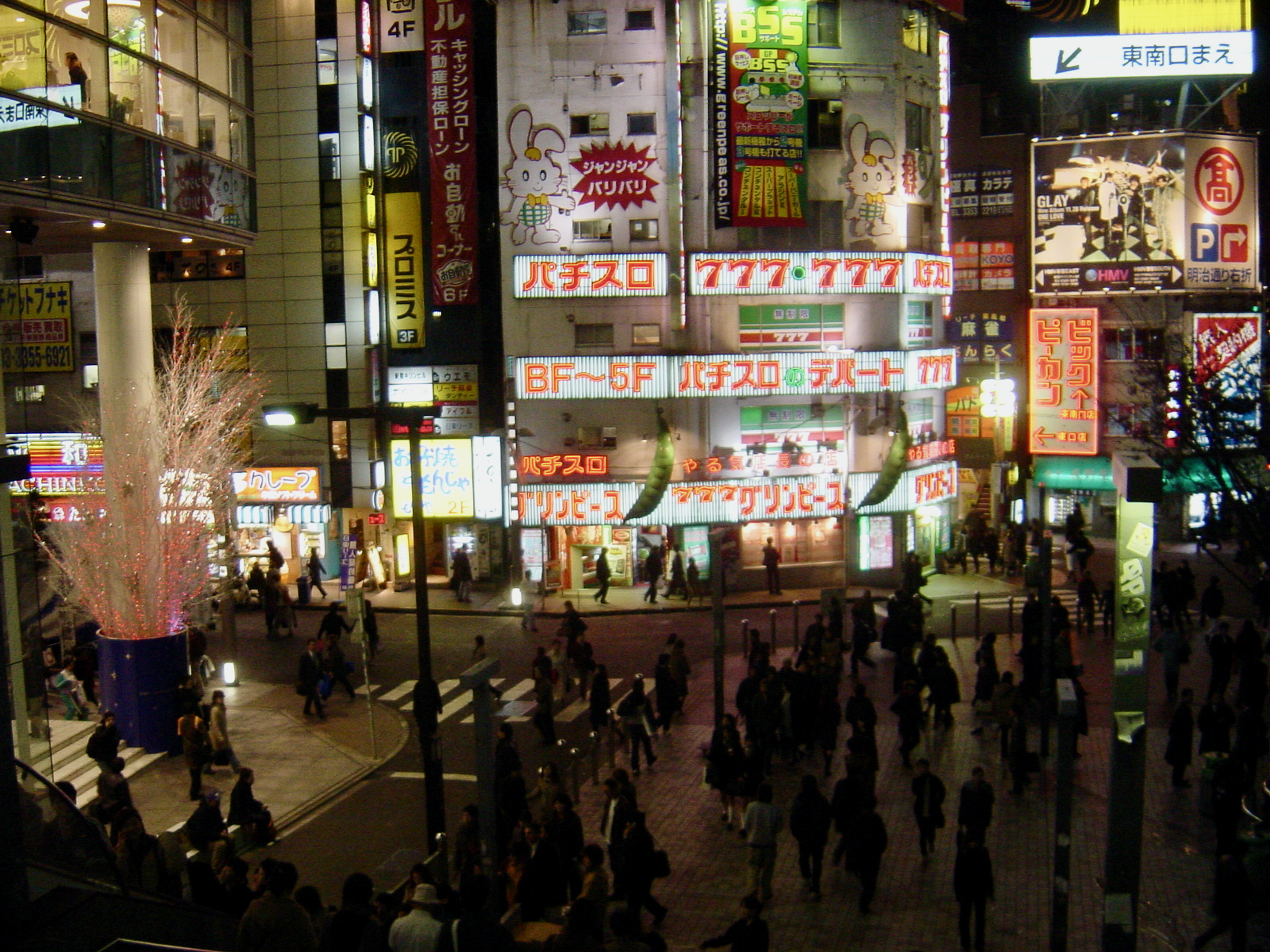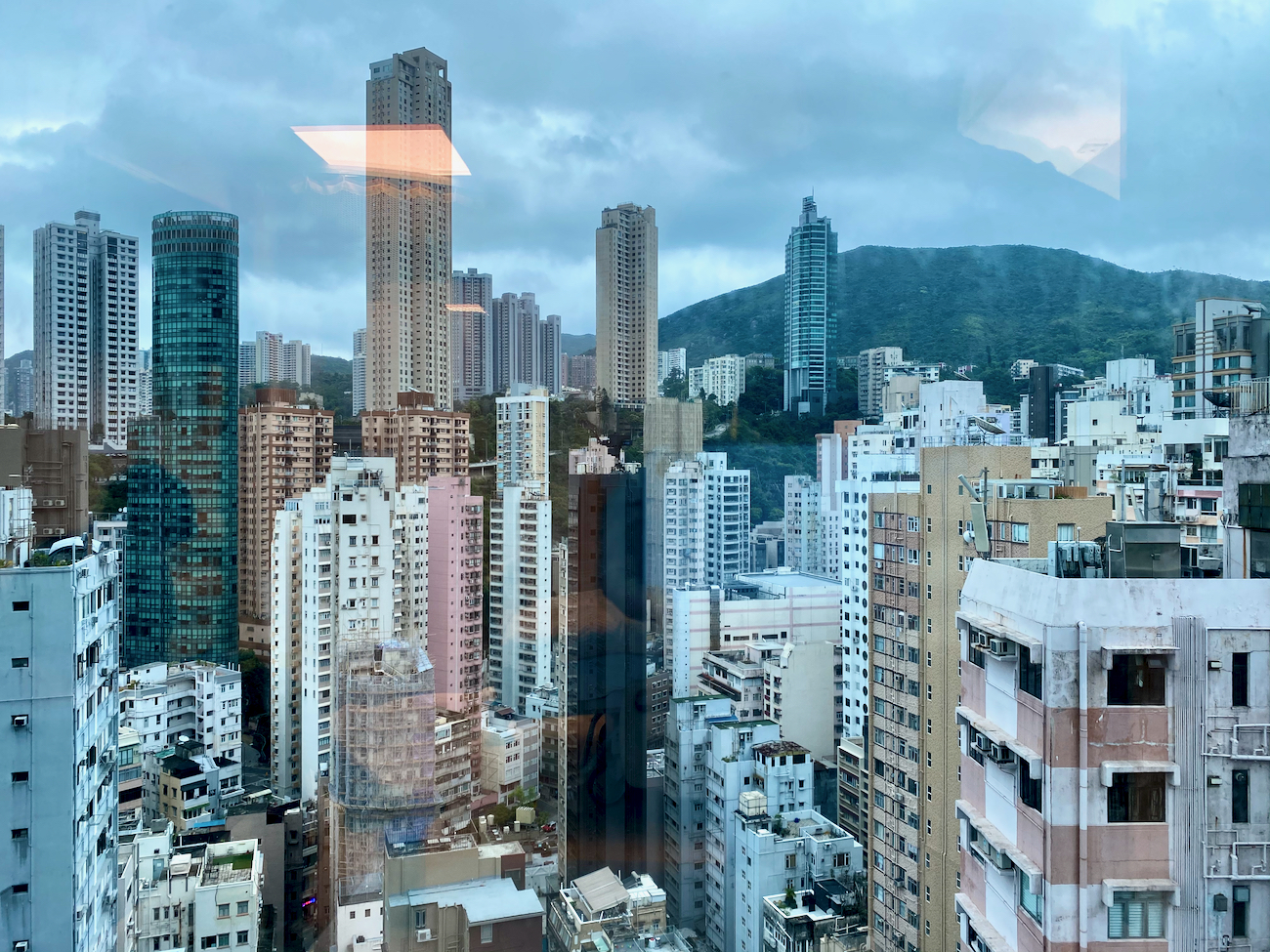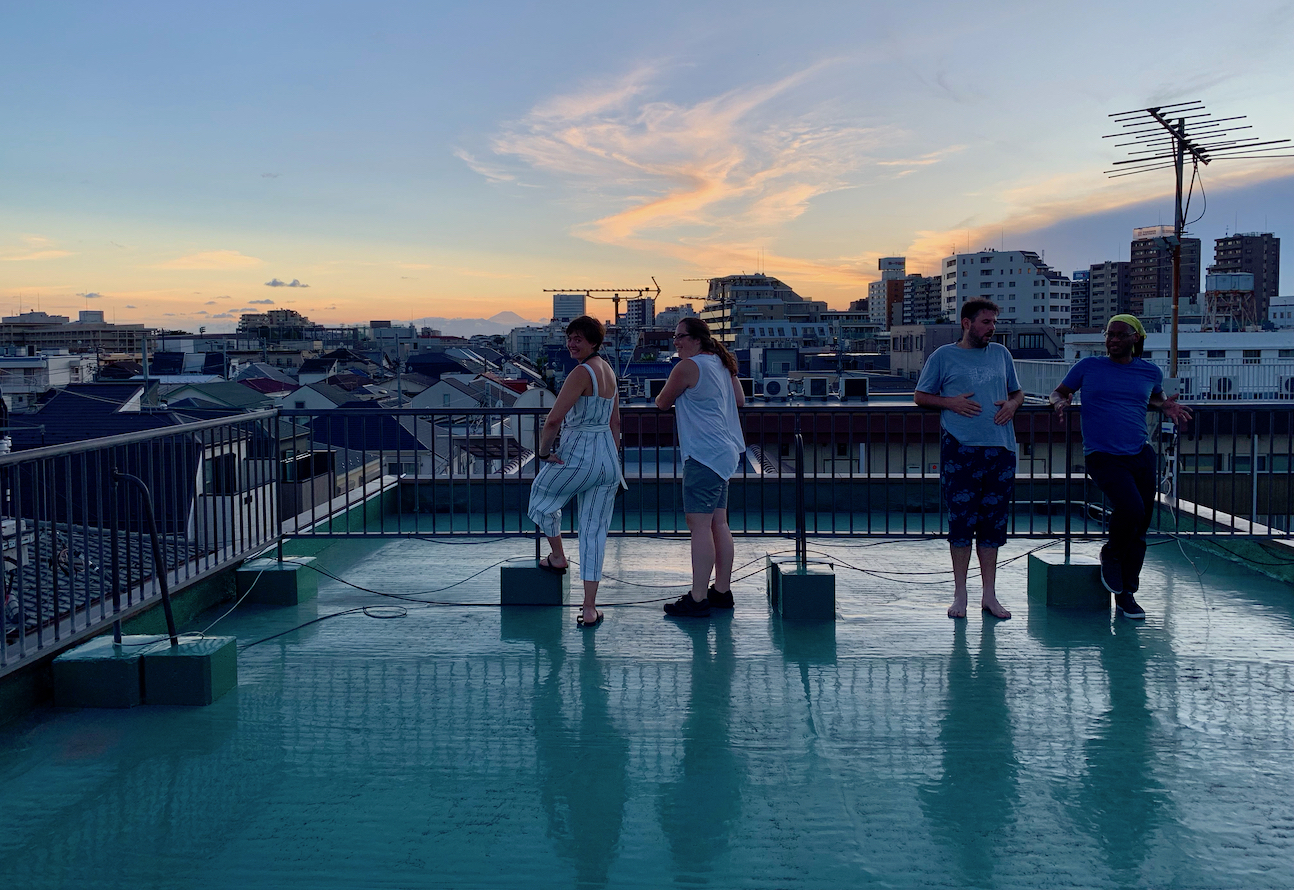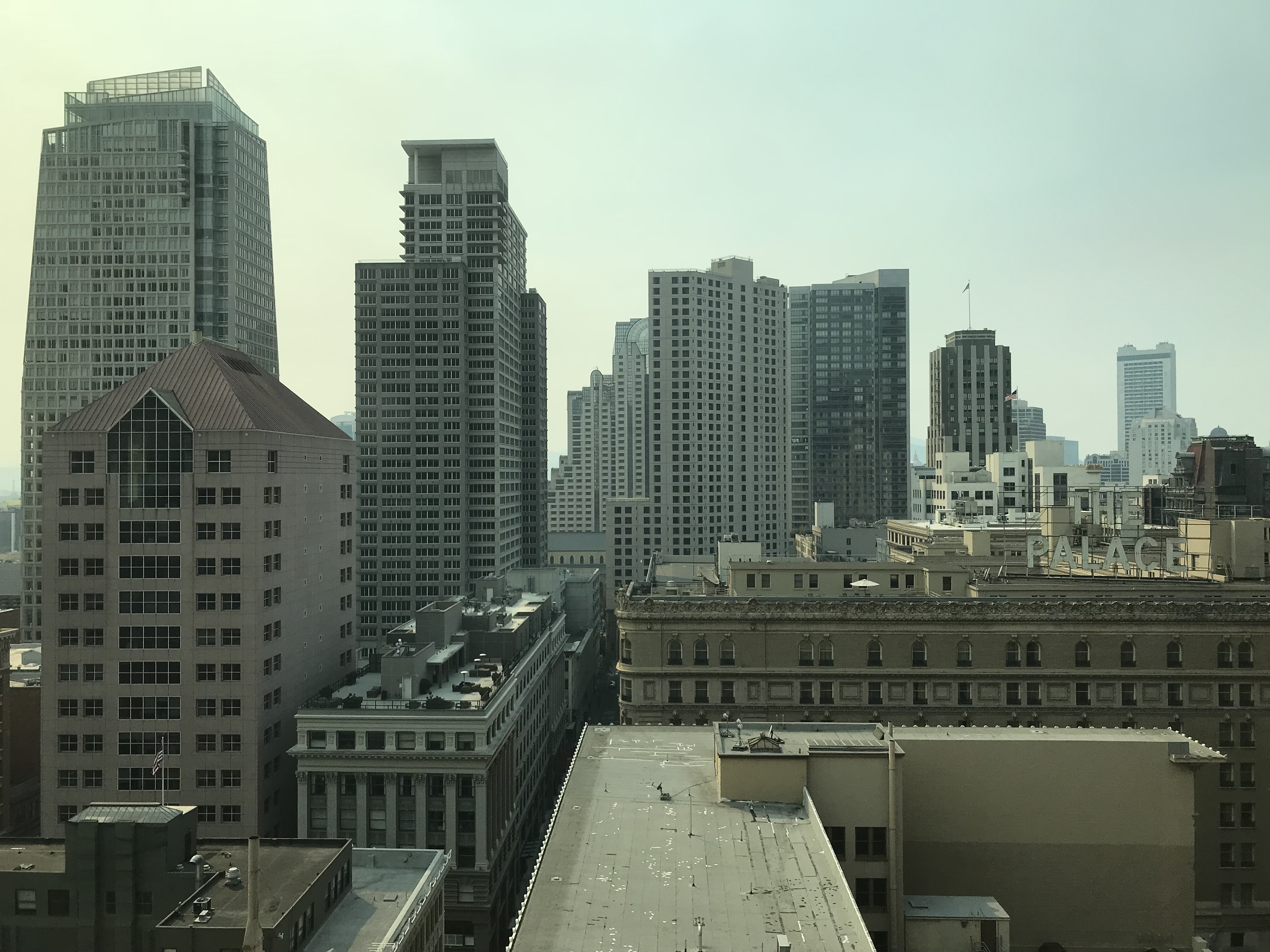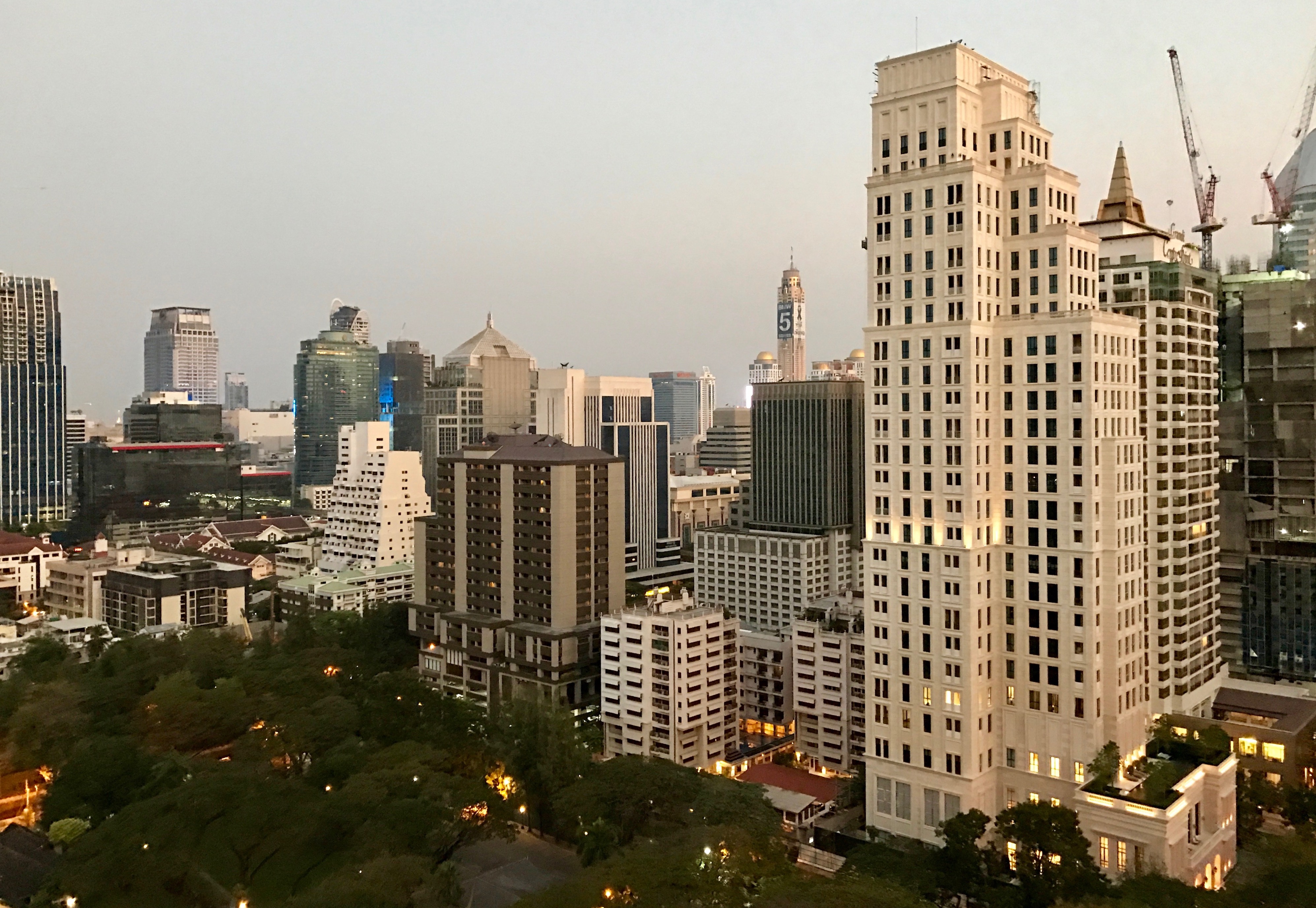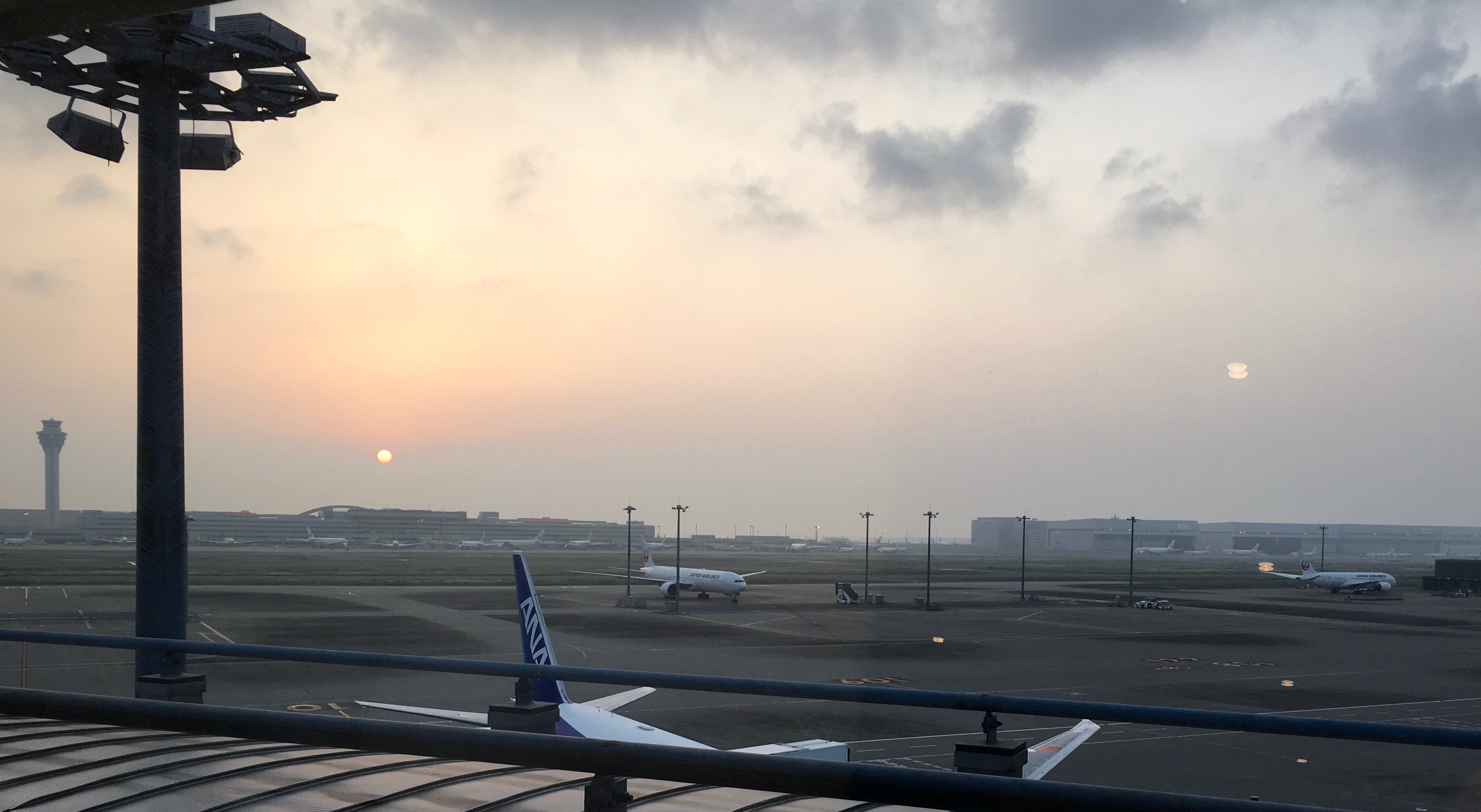…Will still contain the past,
Her voice cuts in over the bouncing beat, that late nineties sound. I am walking through the warren of small streets around Sheung Wan station, and then up the steps through old Hong Kong. I am instantly instead walking through Saitama late at night in the cool rain of the autumn of two thousand two. I am twenty three, in a dress shirt, alone, and the world feels perfect, made just for me. In the distance I can see the elevated Saikyo line, my house on the other side. Behind me, almost invisible until a train passes, is the Kehin-Tohoku line. These suburban streets are quiet in the rain, and the folk I’d left in Kita Urawa are now far behind. I walk in a bubble of happiness and music, temporarily free from every bond.
Memories are fragile things, and they disappear for long periods, buried under more recent times, only to be brought back in an instant. The places that shaped me are never truly gone, and memories of entire evenings, commutes, and relationships are pulled back with the music that shaped those hours.
I have been obsessed with early Tokyo memories lately. I’d thought them a strange product of late-pandemic seclusion, of missing travel, of being so glad to have spent my fortieth birthday in Tokyo with friends from all over. The pull of places we could not visit, I thought, of favorite memories that were temporarily out of reach. Instead, suddenly, halfway up the 200 stairs of my morning commute, I am in the middle of a Tokyo evening, waiting for a someone overlooking the stairs of Shinjuku’s south exit. In my memory it was cold, or not. The weather, strangely, is hard to picture, having been overwritten by hundreds of days in the same spot. This is the effect of being shaped by places, and by music.
A colleague, a friend, gave me Amplified Heart my first year in Tokyo, back when passing albums was a thing, when recording minidiscs of other people’s CDs was the way we shared. I remember starting to rip CD’s in Tokyo, to that very first iPod, bought in Omiya for most of a paycheck. I remember pirating software from the stores with firewire cables. I remember so many things, at least sometimes.
It’s packed at two am,
are you on your own
On a rare foggy Hong Kong evening I walk down the hill after work, through Soho and Central. People are alive, moving with the energy of evening, with the sense of somewhere to be. There are people everywhere, and I feel at home, part of a crowd going many places, going nowhere together. Often I write in the abstract, of groups and emotions. Partially I’m afraid of the details, of writing the specifics of memory into history, of trying to give shape to moments that seemed so important and finding them hard to make out in the larger motions of my life. Partially though it’s because many of the details are abstract, my memory is lost in a crowd of people I can barely talk to, carried emotionally on the words sung by an English woman decades earlier.
In many ways moving to pedestrian-friendly Asian cities in my twenties is the defining change of my life. The songs that I’ve spent the past two decades wandering them to, then, echo instantly with memories of evenings long lost to time, with friends distant enough to likewise need assistance recalling.
For a boy who had spent his early teen years at ska shows, his late teen years quoting Ani lyrics, and his college years speaker hugging through late night raves to the heyday of jungle, Tokyo’s second hand CD shops and rental stores, coupled with the minidisc and mp3, meant access to music in a depth impossible before. Mostly though, colleagues and friends took him clubbing and gave him tunes.
I use my walkman when I walk,
and I don’t talk,
but later on the moment’s gone
and I don’t get it.
Twenty years later, in the second pandemic spring, I spend a month walking to work every day to Everything but the Girl. These albums, Amplified Heart, Temperamental, and Walking Wounded, have been the background for so much of my life. Amplified Heart itself is the background for so much of our marriage, is the only album we own on vinyl, is the album I want most in the world.
I remember the conversation, a Canadian teacher on the train, older and wiser in a lot of ways, to that boy of twenty two. The week prior she had changed my year with the Dirty Vegas disc, with Days Go By. A week later she was ready to change my life.
“If you like that I think you’d like Everything but the Girl. Amplified Heart.”
Like almost every day we were on the train platform in Kawaguchi, were heading home at nine thirty pm, shift over. Like every day we were tired and looking forward to the commute, to headphone time, to not having to talk any more. And yet we were awake, alive, part of the sprawling megacity we both loved so much.
“It’s just so emotional,” she said, a turn of phrase both personal to her and globally correct.
Months later I would ride the train to Temperamental, leaning against the window of the elevated Saikyo line, dreaming of clubbing, dreaming of Shinjuku on that same ride home. The Saikyo line is one of Tokyo’s busiest commuter lines, leaving late from Shibuya and Shinjuku, touching down at Ikebukero before becoming elevated and pulling away from the city through Akabane and across the river into Sataima, out into the short lands, into the streets of my memories.
And the light goes down,
and all the lights come on,
and they call to me,
oh come on come on
Quoted lyrics from Everything but the Girl’s ‘The Future of the Future’, ‘Lullaby of Clubland’, and ‘Low Tide of the Night’ from the 1999 album Temperamental
